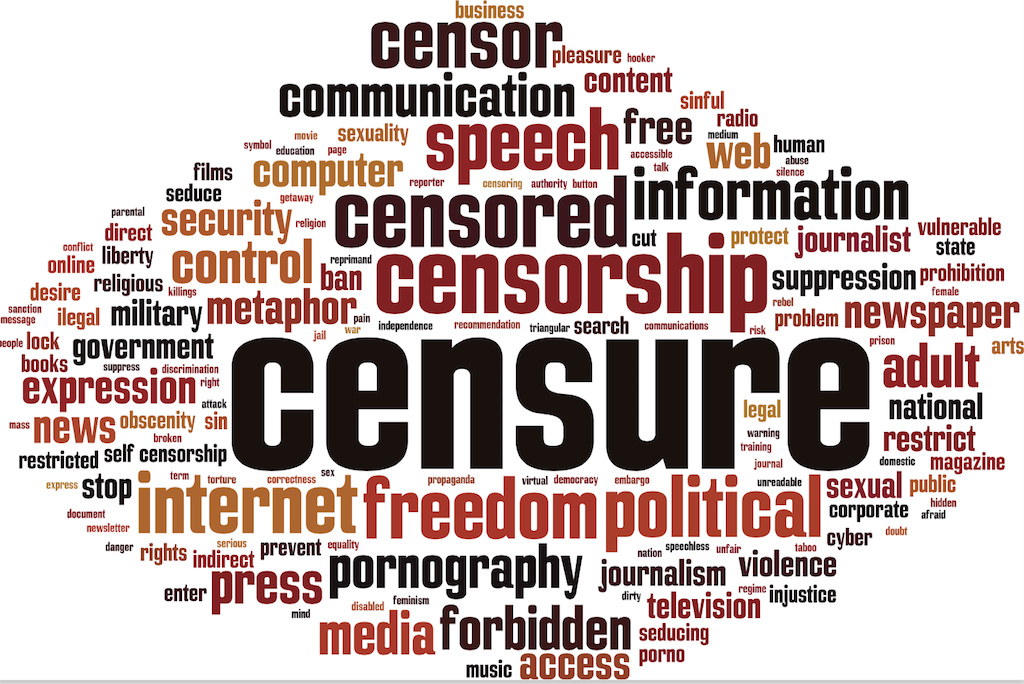Pro-government Turkish think tank the Foundation for Economic, Political and Social Research, or SETA, has recommended the introduction of mechanisms to control language used to report terrorist attacks in the country, raising fears of further attempts to censor critical journalists in an already repressed media atmosphere, according to a report by online news outlet Ahval on Thursday.
In reporting terror attacks, the media must not criticise the state, but should condemn terrorism, spread messages of unity, ensure empathy with victims and use appropriate terminology, said SETA’s report on the Turkish media published on Thursday.
The report warned that slight differences in terminology may have a profound effect on how the reports are perceived by the public and noted that using terms like “freedom fighters” or “guerrillas” may show terrorist attacks as heroic acts.
According to the report, SETA has been analyzing reports in the Turkish media since the occurrence of 10 recent terror attacks in Turkey carried out by the Islamic State in Iraq and the Levant (ISIL) and the outlawed Kurdistan Workers’ Party (PKK), dividing up media outlets according to ideological affiliation.
The SETA report accuses the critical media such as the BirGün, Cumhuriyet and Sözcü newspapers of featuring the state’s failures against terror attacks, not condemning terrorist acts, using hate speech rather than giving messages of unity, using terrorism to manipulate society and supporting terrorism rather than taking the side of the state in the struggle against terrorism.
According to the SETA report, implying any government inability to prevent terrorist events, avoiding the term “martyrs” for the victims of terrorism and using terms such as jihadist or pro-Kurdish to describe the tendencies of terrorist groups are problematic.
The report recommended the establishment of a government watchdog to follow the reporting of those events, which they suggested should also have the right to impose penalties. The report also called for the development of a legal framework to prevent “hate speech” used in the reporting of the terrorist attacks.
The authors chose an unorthodox definition of hate speech, which included the words “jihadist,” “sectarian” and “religious” when referring to attacks by ISIL, and even the word “police” as used by the BirGün newspaper.
The report also advised on tools for media outlets, including guidelines on ethical rules, to be applied in reporting as well as a training program for reporters. The recommendations in the report were perceived as a call for self-censorship by journalists working in the opposition media, Ahval reported.
“SETA seems to be unhappy with us because we are using language that is in line with our principles and the ethical standards of journalism. It ‘invites’ us to use official terminology. It will wait in vain,” Fatih Polat, editor-in-chief of left-wing Evrensel newspaper, tweeted.
Turkey is ranked 157th among 180 countries in the 2018 World Press Freedom Index released by Reporters Without Borders (RSF) on Wednesday. If Turkey falls two more places, it will make it to the list of countries on the blacklist, which have the poorest record in press freedom.
Turkey is the biggest jailer of journalists in the world. The most recent figures documented by SCF show that 253 journalists and media workers were in jail as of May 11, 2018, most in pretrial detention. Of those in prison 192 were under arrest pending trial while only 61 journalists have been convicted and are serving their time. Detention warrants are outstanding for 142 journalists who are living in exile or remain at large in Turkey.
Detaining tens of thousands of people over alleged links to the Gülen movement, the government also closed down some 200 media outlets, including Kurdish news agencies and newspapers, after the coup attempt in Turkey on July 15, 2016.
















